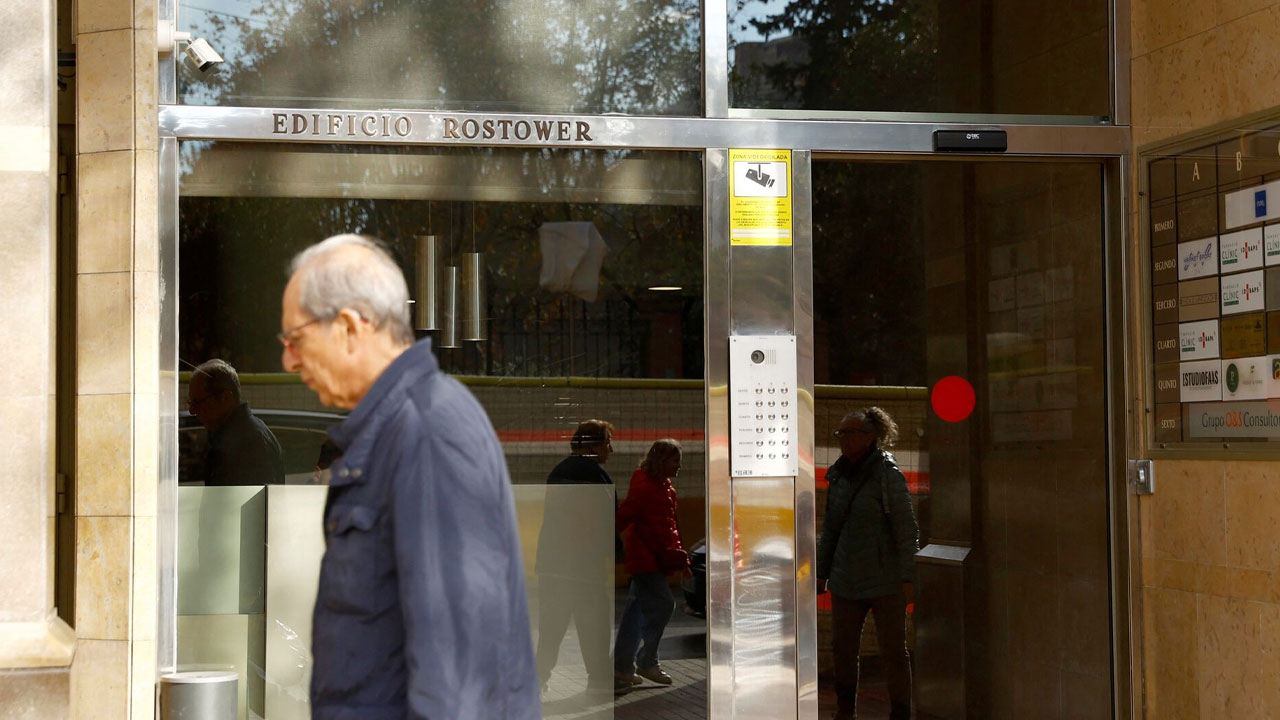A real estate investment trust (REIT) owned by Argentine soccer star Lionel Messi recently made its debut on the Spanish stock market at a price of 57.4 euros per share, resulting in a market valuation of 223 million euros ($232.12 million).

Messi, who plays for Inter Miami and formerly starred for FC Barcelona, is listed as the chairman of the board for Edificio Rostower Socimi, according to documents from the Portfolio Stock Exchange, a smaller European alternative market. The trust is currently solely owned by Messi’s family investment company, Limecu España 2010, but it plans to open up to new investors in the future, as confirmed by the exchange’s CEO. Specific details about these plans were not provided.
As of now, the trust has not engaged in trading. The Portfolio Stock Exchange, launched in 2023 under the supervision of the Bank of Spain, only permits trading when a company intends to sell shares or raise additional capital. This structure offers lower costs and greater flexibility compared to traditional IPOs, as well as shareholder control over any purchase requests.
Edificio Rostower owns a diverse portfolio of properties, including seven hotels in Spain and Andorra, three office spaces, five apartments in Spain, and additional properties in London and Paris. Despite its assets, the company reported a loss of 1.7 million euros in 2023, as per the exchange’s records.
Most of the company’s investments are concentrated in Catalonia, where Messi lived from the age of 13 when he joined FC Barcelona’s youth academy. He remained there until 2021, leaving unexpectedly due to the club’s financial constraints. Messi has expressed his intention to return to Barcelona with his family after retiring from soccer.
The REIT’s board includes Messi’s wife, who serves as vice-president, as well as two other members: Alfonso Nebot, who manages Messi’s family office, and Ramon Adell, a board member of a major Spanish energy company.
The Spanish government recently proposed increasing the corporate tax rate for REITs, which is currently lower than for other companies, but has yet to secure sufficient parliamentary support for the measure.